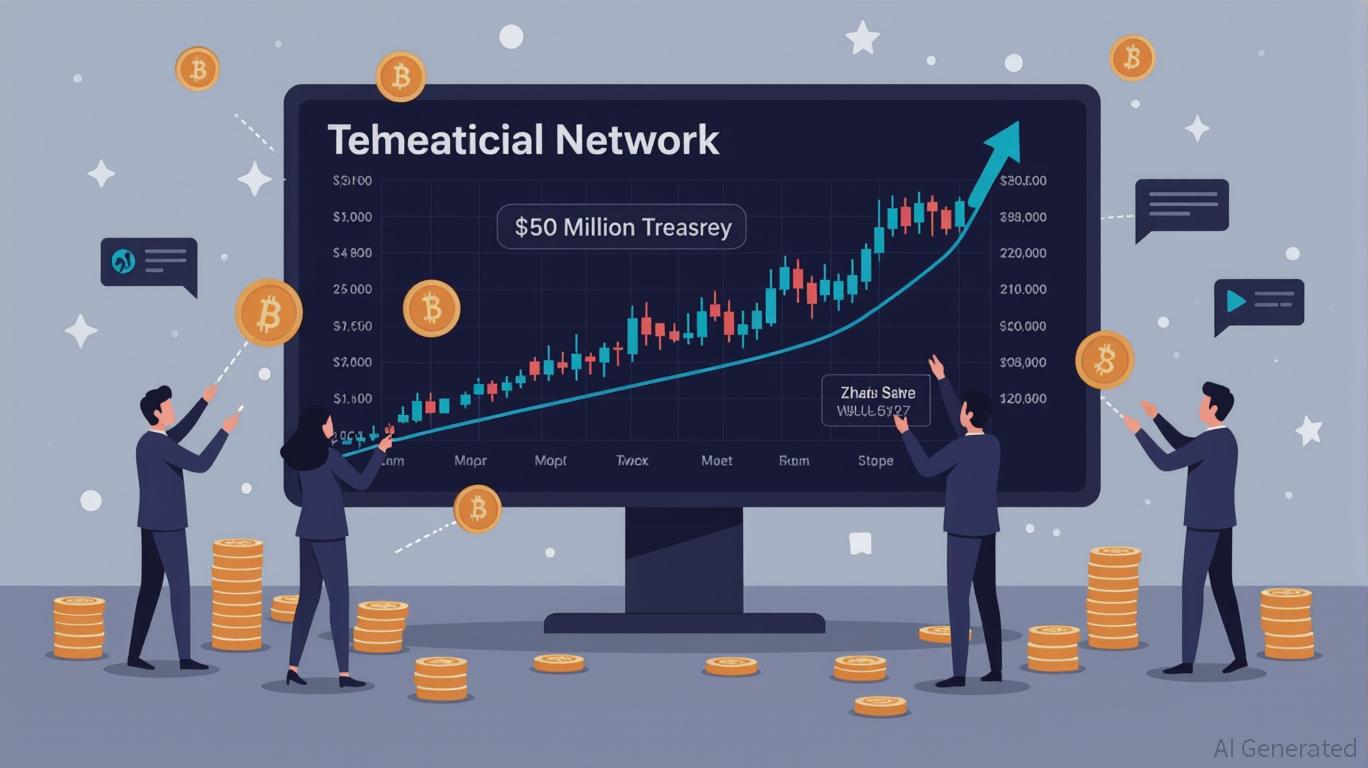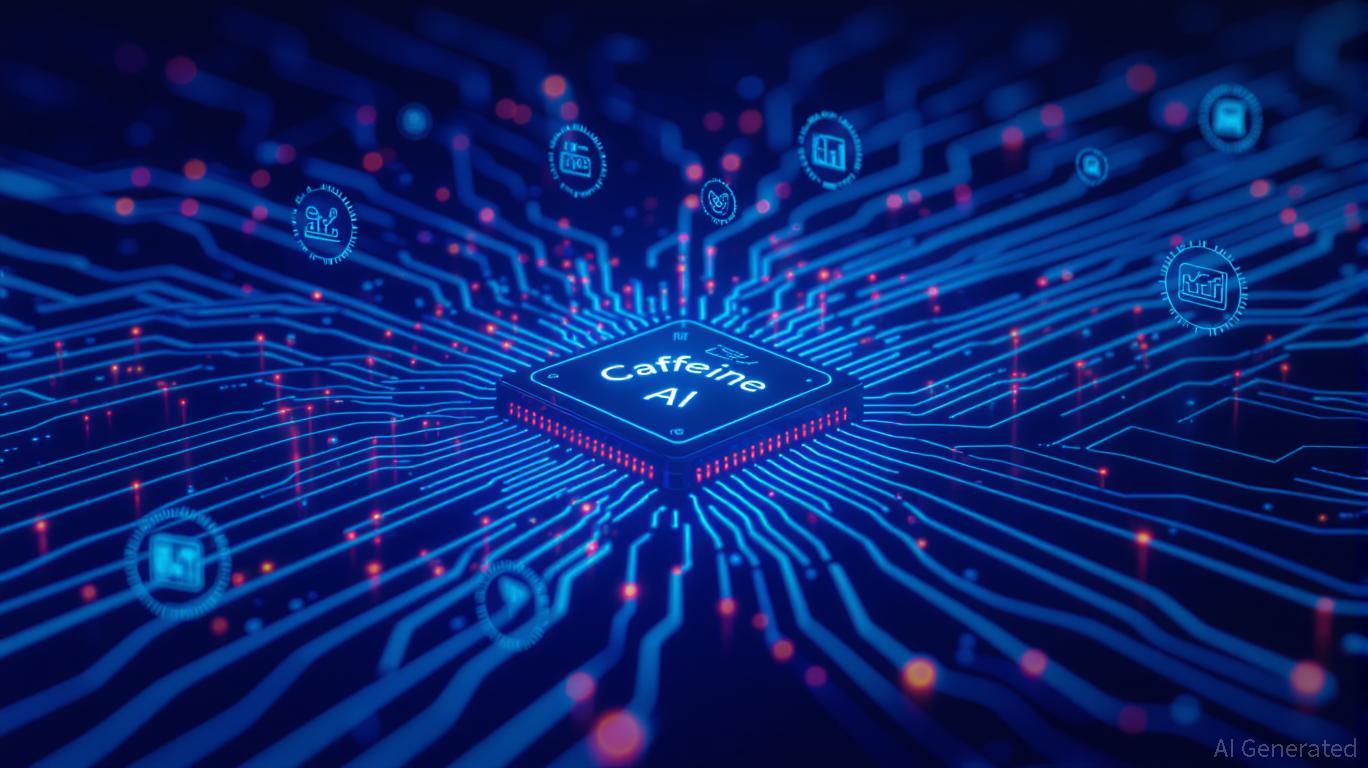"Trump's Lawsuit Pits DOJ Against Itself: Former Lawyers Decide His Claims"
- Trump sues DOJ for $230M over 2016 Russia probe and 2022 Mar-a-Lago search, alleging rights violations and malicious prosecution. - DOJ faces ethical conflict as current leaders previously served as Trump's defense attorneys in the same cases he now contests. - A 2024 federal judge dismissed the case, but Trump claims damages would fund charity or White House renovations, calling it "justice," not personal gain. - Ethics experts condemn the unprecedented conflict of interest, warning it risks public trus
Former President Donald Trump has initiated legal action against the U.S. Department of Justice (DOJ), demanding $230 million in damages. He claims his rights were infringed upon during federal probes into his 2016 campaign’s alleged Russian connections and the 2022 search of his Mar-a-Lago residence for sensitive documents, as reported by several sources[1]. The complaints, filed through an administrative channel generally used to settle disputes before court proceedings, expose a significant ethical dilemma: the DOJ is now overseen by individuals who previously acted as Trump’s defense lawyers in the same matters he is now disputing[2].
The initial complaint, submitted at the end of 2023, requests restitution for the FBI’s investigation into Russia and the special counsel’s inquiry, which did not find evidence of conspiracy but still placed Trump under heavy scrutiny[1]. The second, filed in mid-2024, alleges that the FBI breached Trump’s privacy during the Mar-a-Lago search in 2022 and accuses the agency of “malicious prosecution” for charging him with improper handling of classified materials after his presidency[2]. In 2024, a federal judge dismissed the lawsuit, and after Trump’s return to office, the DOJ withdrew its appeal[3].

This scenario has sparked strong criticism from ethics specialists, who describe it as a unique and troubling conflict of interest. “The ethical dilemma here is extremely basic and fundamental,” commented Bennett L. Gershman, a Pace University ethics professor. “Having DOJ officials—who previously represented him—decide the outcome of his claim is so strange, it almost defies belief[1].”
Trump’s compensation request is now complicated by the DOJ’s current leadership, which features former defense attorneys. Deputy Attorney General Todd Blanche, Trump’s former lawyer in the Mar-a-Lago matter, and Associate Attorney General Stanley Woodward Jr., who represented Trump’s co-defendant Walt Nauta, are among those who could potentially authorize a settlement[4]. According to The New York Times, any financial settlement would likely need Trump’s own sign-off, and he has joked about the paradox of “paying myself” damages[2].
At a White House event, Trump characterized the dispute as an issue of fairness rather than personal enrichment. “I suffered significant harm,” he stated, noting that any awarded funds would be donated to charity or used for White House renovations[1]. He also mentioned the possibility of using the money to build a new ballroom, a project already under consideration as part of larger restoration plans for the White House[6].
The DOJ has refused to discuss the specific claims but emphasized that its officials act in accordance with advice from career ethics experts[7]. A department spokesperson explained that administrative claims are usually settled privately, with any payouts coming from public funds[5].
This dispute highlights ongoing concerns about the DOJ’s autonomy and the risk of political interference in legal matters. While Trump’s attorneys have dismissed the investigations as “partisan witch hunts,” opponents warn that the president’s actions could undermine confidence in the judicial system[6].
Disclaimer: The content of this article solely reflects the author's opinion and does not represent the platform in any capacity. This article is not intended to serve as a reference for making investment decisions.
You may also like
AI-Generated Algorithms and Human Interaction: The Internet's Trustworthiness Dilemma
- The "Dead Internet Theory" resurfaces as AI-generated content dominates online platforms, blurring human engagement metrics. - Pixalate's Q3 2025 data reveals 37% non-human traffic in Brazilian mobile app ads, highlighting ad viewability crises. - C3.ai's 19% revenue drop and $117M loss underscore AI sector risks from high costs and competitive pressures. - Advertisers face unreliable metrics as algorithmic noise grows, prompting calls for stricter regulations and advanced analytics.

Ethereum Latest Updates: Major Institutions Support Ethereum's Supercycle, While Technical Experts Raise Concerns
- Tom Lee predicts Ethereum's "supercycle" driven by institutional adoption and DeFi growth, sparking market debate over valuation risks. - SharpLink Gaming's 1,100% revenue surge and $200M ETH allocation to Linea highlight bullish institutional strategies amid price volatility. - Technical analysts warn ETH's $3,500 support is critical after breaking below key channels, with $37B daily volume reflecting mixed momentum. - Growing institutional demand contrasts with critics' concerns over centralization ris

The Rapid Rise of ZEC (Zcash) Value: An In-Depth Technical and Strategic Analysis
- Zcash (ZEC) surged 66.55% in November 2025, peaking at $683.14, driven by treasury initiatives, privacy innovations, and institutional investments. - Cypherpunk Technologies' $50M treasury and Zashi Wallet's privacy swaps boosted demand, while Winklevoss Capital and Grayscale added $72.88M in institutional backing. - Technical indicators show overbought conditions (RSI 94.24) but bullish momentum persists, with derivatives markets holding $1.13B in open interest and a 1.06 long-to-short ratio. - Zcash's

ICP Caffeine AI's Rising Popularity: Ushering in a New Age for Blockchain Investors and AI-Powered DeFi
- Dfinity's ICP Caffeine AI bridges blockchain and AI in 2025, enabling non-technical users to build dApps via natural language prompts. - The platform saw 30% ICP token price growth and $237B TVL in Q3 2025, but faced 22.4% dApp usage decline amid market saturation. - Investors prioritize infrastructure projects like ICP Caffeine AI for AI-driven DeFi scalability and security, contrasting with speculative token trends. - Regulatory scrutiny and user retention challenges persist, but enterprise adoption of
